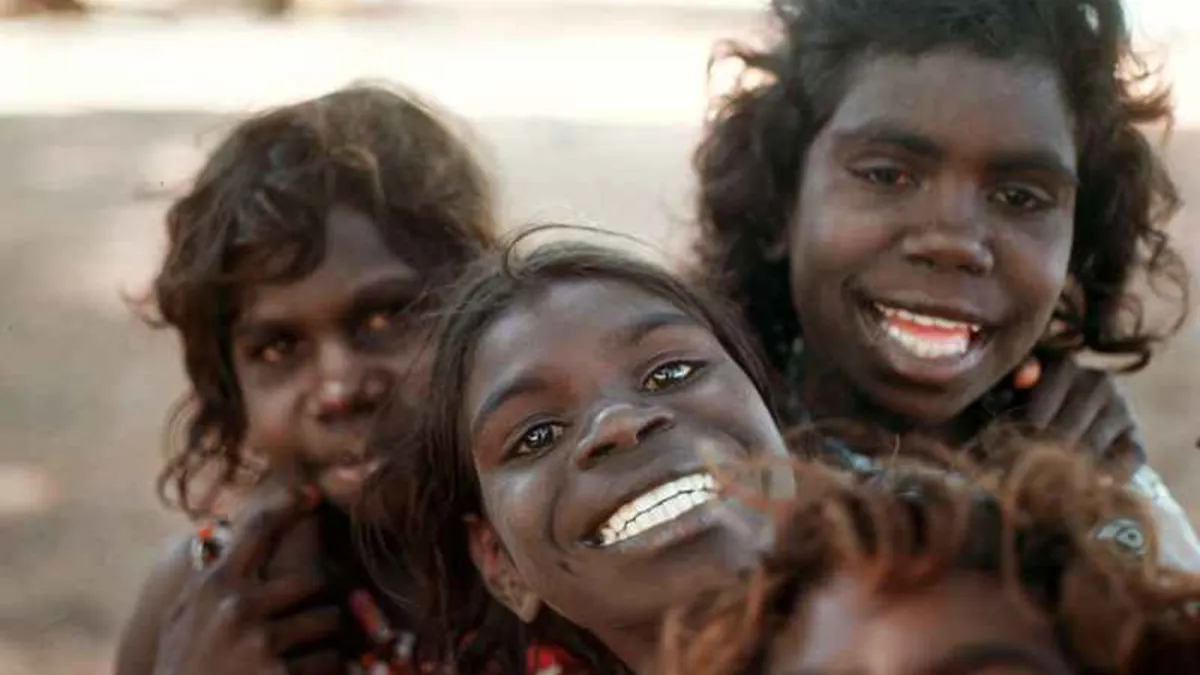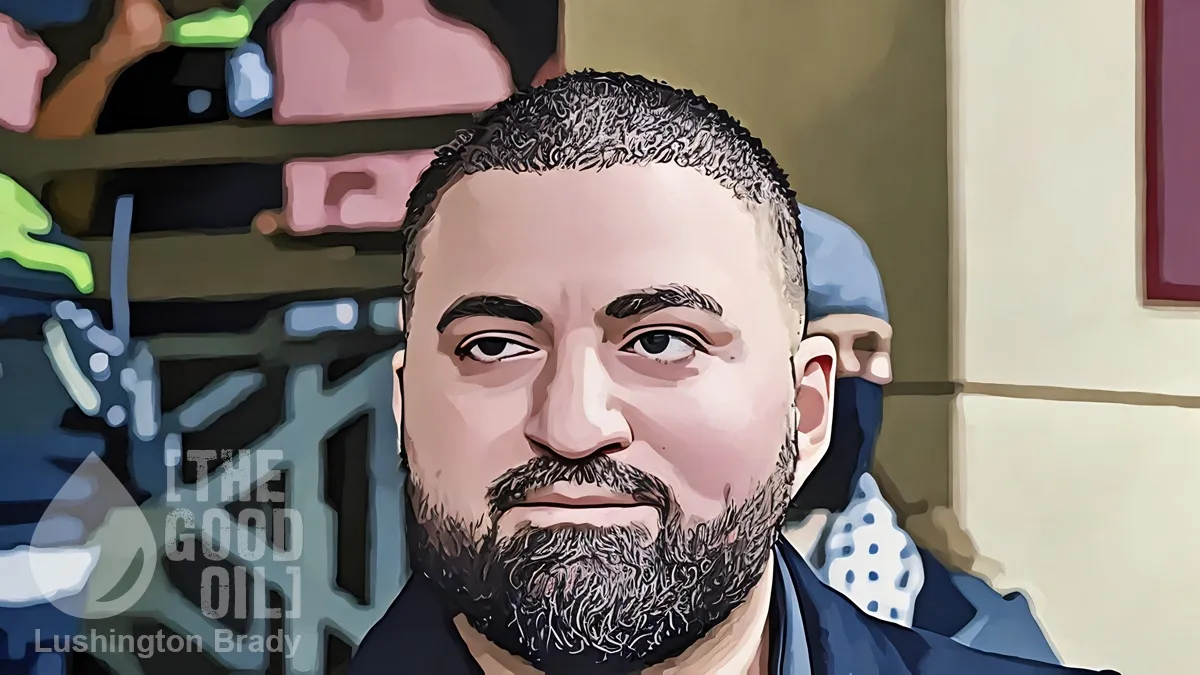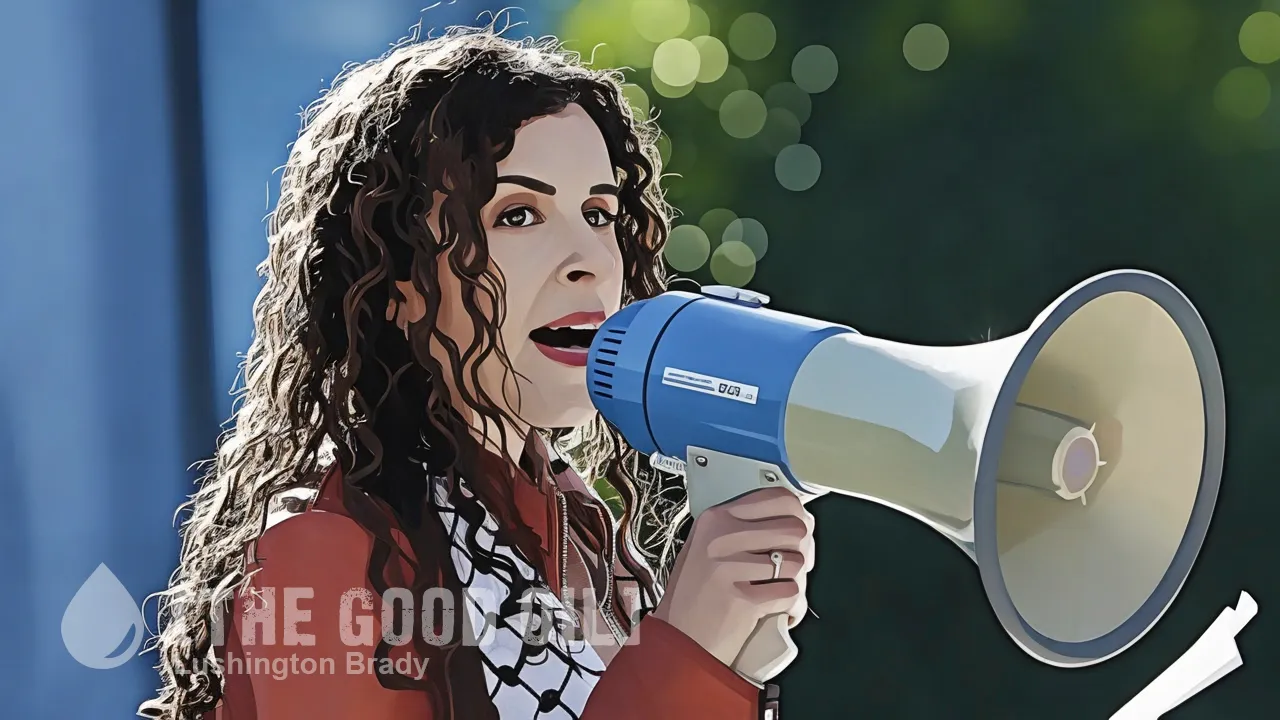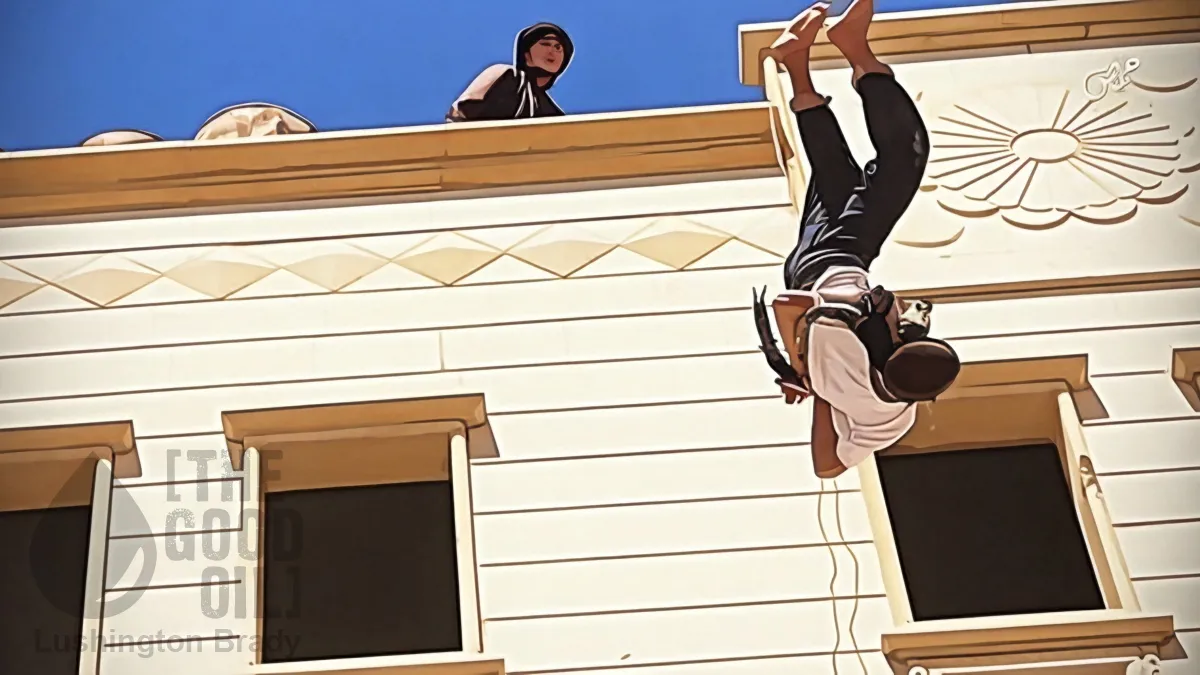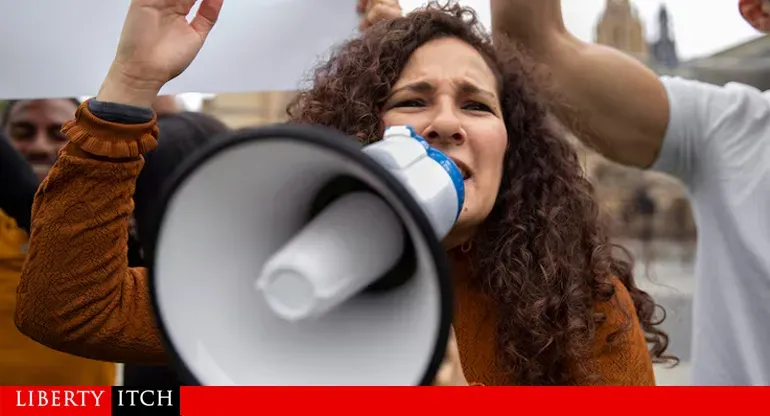Table of Contents
The proponents of an “Indigenous Voice” claim that it’s essential to closing the often shocking gaps, in everything from crime, violence and education, between Aboriginal Australians and the rest of the nation. Never mind that we collectively already spend over $30bn a year on Aboriginal affairs, more than twice per person what it does on non-Aboriginal Australians. Forget the long trail of wreckage of government programs, including the corrupt, nepotistic financial sinkhole that was ATSIC.
Forget all that: a “Voice” will fix everything. How, exactly, they can’t say. Which is no surprise, because they steadfastly refuse to say what a “Voice” will actually be. “Just vote to change the Constitution and trust us.”
But the solution to “closing the gap” is depressingly simple. As Ben Shapiro points out, the statistically best way to avoid poverty is: finish high school, get a fulltime job and only have children within marriage. That’s it. It’s no guarantee, of course, but people in Western nations who follow that formula are overwhelmingly unlikely to end up in poverty.
Apparently, though, that’s too hard for our politicians and the cottage industry of Aboriginal troughers — most of them glaringly pale, and nearly all located in the cities — to get their heads around. It also appears to be too hard a pill to swallow for a great many Aborigines.
But not all.
At home in the Hidden Valley, a town camp on the outskirts of Alice Springs, Bettrina Pula Bundy sits on a blanket in the shade, laughing and playing with her young daughters.
The 39-year-old Alyawarre woman is an artist who paints bush tucker and medicine plants in her own distinctive style. She has never held a formal job but is determined that her children, Monica, 8, and Tilana, 5, will finish school and make something of their lives.
It’s people like Bettrina who will close the gap: responsible parents who make sure their kids keep away from alcohol and at school.
Bettrina says school is good for her children because they are “playing and learning”. She thinks it will help keep them away from alcohol and she’s glad they’re enthusiastic about attending: “Yes, they want to go to school”.
Shy at first, the two girls slowly warm up to the presence of a stranger and begin to engage on their favourite school activities.
“Reading and writing”, Tilana volunteers, before hiding behind her mother. She says proudly that she goes to school “every day”.
Monica wants to be a swimmer.
These kids and others like them are the hope for the future of Aboriginal Australia. No dodgy Constitutional amendments needed.
Aboriginal Alice Springs town councillor Michael Liddle is wise to the problem, too.
“If we can’t get our kids to school, what sort of hope have we?” he says.
“That just comes from bad parenting straight up; no parenting or bad parenting.
“Education, knowing right from wrong, and the ability to understand good from bad takes place in the early years of life and that’s what these kids have missed out on.
“The problem is being good parents and it’s pretty hard to be a good parent if you’re constantly drunk.”
Liddle is also scathing that the much-bragged-about, supposedly “World’s Oldest Living Culture” apparently doesn’t have the wherewithal to pull itself up by the bootstraps.
“If it was Sudanese people, if it was Italian people or Chinese people, they’d have some form of leadership within their structures to sort their problem out but it’s not happening (in the) Aboriginal world.
“There’s not enough male mentorship amongst our family structures, I think.”
Contrary to the hand-wringing of white city-based activists, Liddle doesn’t have a problem with uncontrollable Aboriginal kids being taken off the streets and put into detention.
“I do think that the only place where people are willing to learn is when they’re locked up,” he says.
“So if it means young kids who are in strife go into juvenile centres, they’ve got to be there for a long time, three months to half a year to start creating some form of change in their behaviour.”
Men who bash their wives should be locked up for even longer, he says.
“You need a long time to change habits, and we’ve got to break the habit,” Mr Liddle says.
“They keep saying that kids are no good in custody, but this is the only place that people are listening, and have care and have meals in custody, and sadly, that’s what the Northern Territory looks like.”
The Australian
And it really is sad, and it’s a situation that practically no-one wants. Contrary to the indignant screeching of activists, opposition to the “Voice” isn’t fuelled by “racism”. It’s fuelled by the sad certainty that yet another elite gravy train will do nothing to improve the lot of so many Aboriginal Australians.

